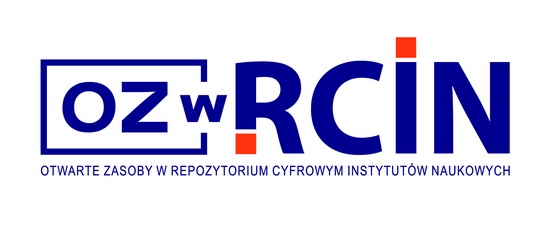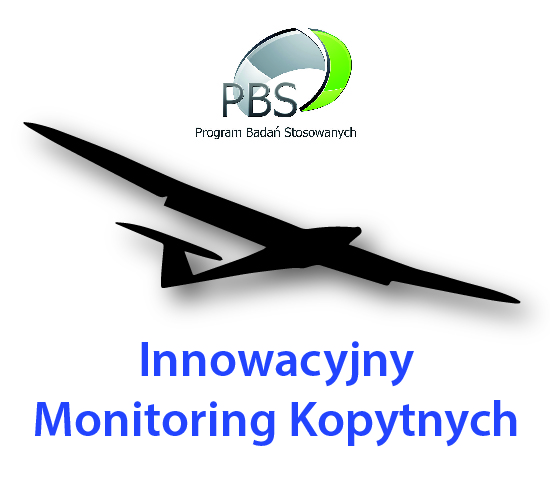

PhD position in Museum and Institute of Zoology, Polish Academy of Sciences:
PL: Ujawnienie mechanizmów wykorzystywanych przez inwazyjne mrówki do adaptacji do aktualnych i przyszłych warunków środowiskowych
EN: Unveiling the mechanisms used by invasive ants to adapt to current and future environmental conditions
We are looking for a highly motivated PhD student to participate in the project: “Unveiling the mechanisms used by invasive ants to adapt to current and future environmental conditions”. The project will be carried out at the Museum and Institute of Zoology, Polish Academy of Sciences in Warsaw (Poland) under the supervision of dr Magdalena Witek and dr Iago Sanmartín-Villar. The project is financed by the National Science Centre, which ensures a PhD student with a monthly tax-free research stipend of 5000 PLN for the first two years and 3654 PLN gross for the two last years funded by a Doctoral School fellowship.

 Project description: Behaviour constitutes the first mechanism allowing invasive species to adapt to the introduced areas because it allows them to cope with new problems and pressures. Behavioural plasticity and cognitive traits are correlated in several species with brain complexity. The production and maintenance of sensory, neural, and regulatory mechanisms allowing plasticity involves elevated costs, which suppose a trade-off with resource allocation in other traits. Social insects could cope with these costs if their behavioural plasticity is based on social communication rather than on individual traits. Species living in vast supercolonies as the Argentine ant (Linepithema humile) might possess the largest advantages in information transmission about environmental use and thus, in adaptation and invasiveness. Unravelling whether the source of plasticity originates at the individual (brain-cognition) or collective (social information transmission) level should be a priority for understanding the invasive potential in social insects. Invasiveness could also be affected by predicted environmental changes, i.e. species would have to adapt to new areas introduced but also to new changes in those areas. Virus infections and temperature fluctuations seem to be the most changing and drastic future events foreseen. Both behaviour and infection potential are conditioned by temperature. Disentangling, how virus infection and temperature fluctuations affect brain-behavioural plasticity would help to understand how supercolony invasiveness will be affected in the near future. We propose to unravel if behavioural plasticity and problem-solving are correlated with brain development or social information in the Argentine ant and in a native species and how these traits are affected by environmental stressors such as virus infection and temperature fluctuations.
Project description: Behaviour constitutes the first mechanism allowing invasive species to adapt to the introduced areas because it allows them to cope with new problems and pressures. Behavioural plasticity and cognitive traits are correlated in several species with brain complexity. The production and maintenance of sensory, neural, and regulatory mechanisms allowing plasticity involves elevated costs, which suppose a trade-off with resource allocation in other traits. Social insects could cope with these costs if their behavioural plasticity is based on social communication rather than on individual traits. Species living in vast supercolonies as the Argentine ant (Linepithema humile) might possess the largest advantages in information transmission about environmental use and thus, in adaptation and invasiveness. Unravelling whether the source of plasticity originates at the individual (brain-cognition) or collective (social information transmission) level should be a priority for understanding the invasive potential in social insects. Invasiveness could also be affected by predicted environmental changes, i.e. species would have to adapt to new areas introduced but also to new changes in those areas. Virus infections and temperature fluctuations seem to be the most changing and drastic future events foreseen. Both behaviour and infection potential are conditioned by temperature. Disentangling, how virus infection and temperature fluctuations affect brain-behavioural plasticity would help to understand how supercolony invasiveness will be affected in the near future. We propose to unravel if behavioural plasticity and problem-solving are correlated with brain development or social information in the Argentine ant and in a native species and how these traits are affected by environmental stressors such as virus infection and temperature fluctuations.
Requirements: Successful candidates should have a Master’s degree in Biology/Ethology/Ecology. The candidate should have a strong background in evolutionary biology and animal behaviour as well as respect for wild and captive animals. Experience in the behavioural ecology of invertebrates (preferably in social insects), genetic analysis, and statistics will be additional assets. The candidate should have very good oral and written communication skills in English, perseverance, commitment, and the ability to work in a team.

 Work description: Successful candidate will perform field work in NW Spain, behavioural tests in laboratory conditions, experimental treatments using a virus and temperature chambers, and analyse behavioural and neuroanatomical data. The PhD student will be guided by members of our team and encouraged to develop her/his own ideas.
Work description: Successful candidate will perform field work in NW Spain, behavioural tests in laboratory conditions, experimental treatments using a virus and temperature chambers, and analyse behavioural and neuroanatomical data. The PhD student will be guided by members of our team and encouraged to develop her/his own ideas.
Application: Deadline for applications will be 7th of September 2022. The candidates are asked to contact dr Iago Sanmartín-Villar (This email address is being protected from spambots. You need JavaScript enabled to view it.) attaching a single PDF file with:
-
A cover letter describing the motivation and research experiences
-
CV
-
Copy of MSc certificate and
-
Names and contact details of two references.
Selection:
-
Selected candidates will be contacted by e-mail to define a date for an interview which will take place at Museum and Institute of Zoology of Warsaw or by video call.
-
The successful candidate will take part in the exam (middle of September 2022) of the BioPlanet Doctoral School (http://szkoladoktorska-bioplanet.pl/en/home/).
-
Starting date: 1st October 2022.









